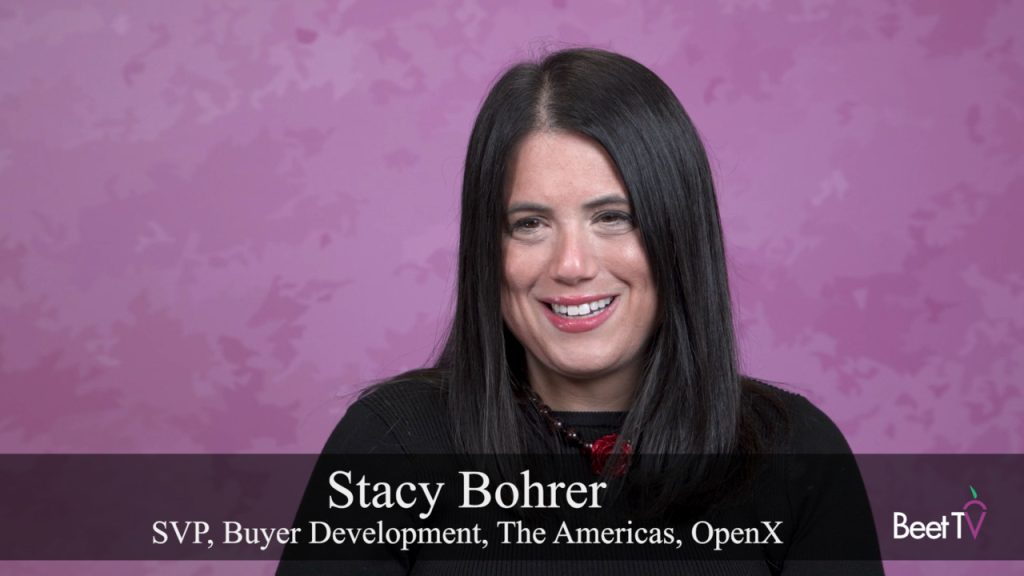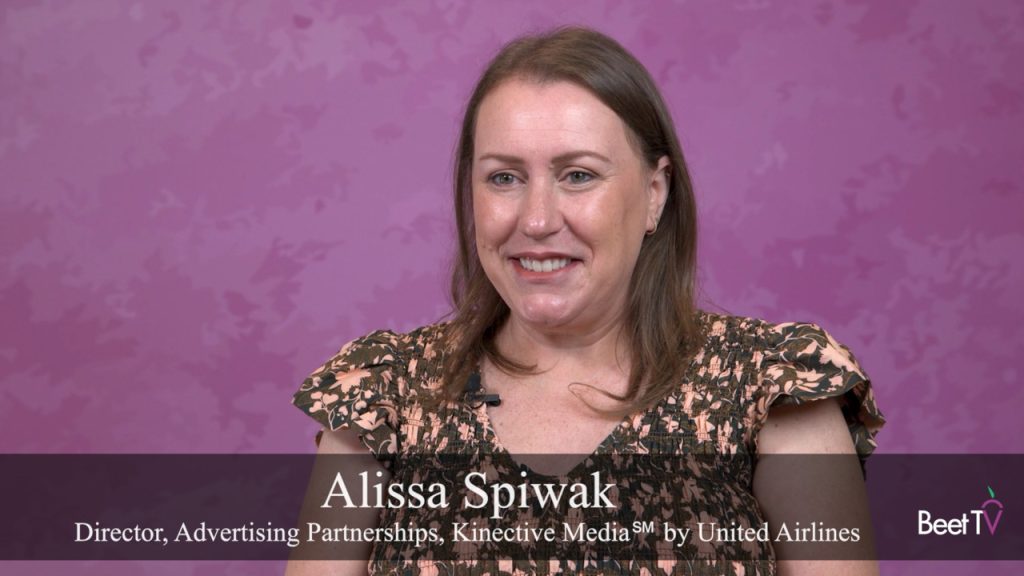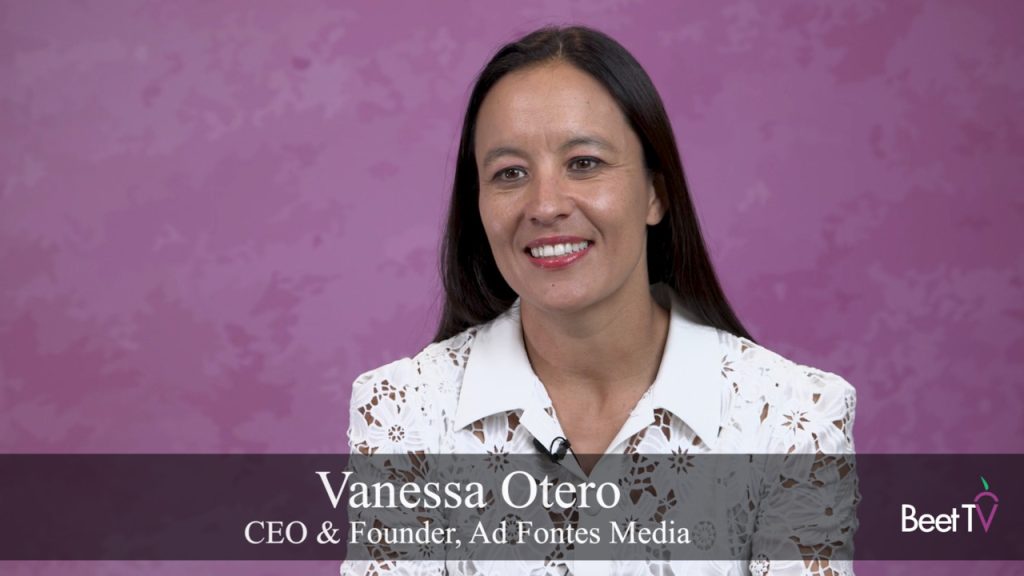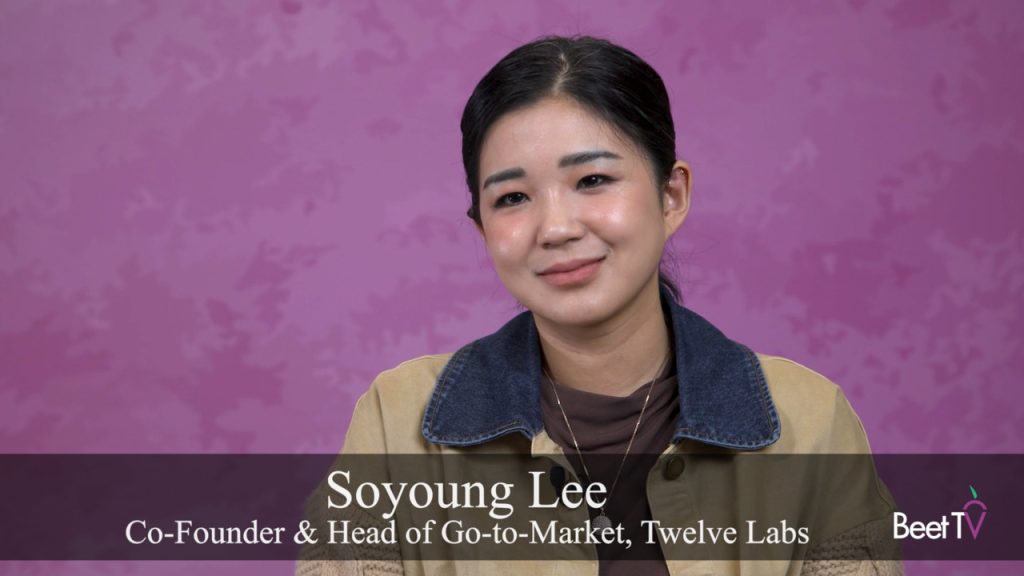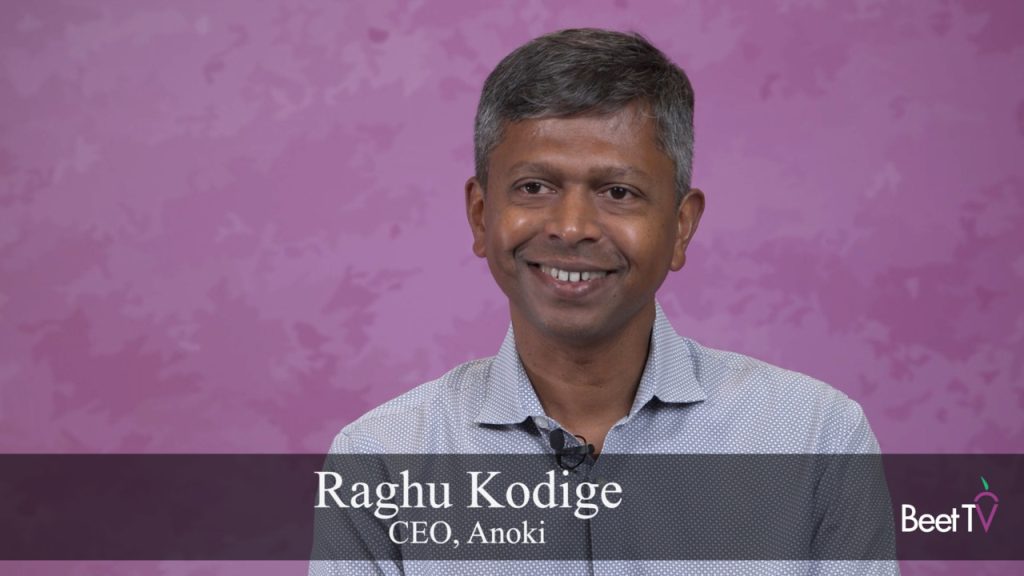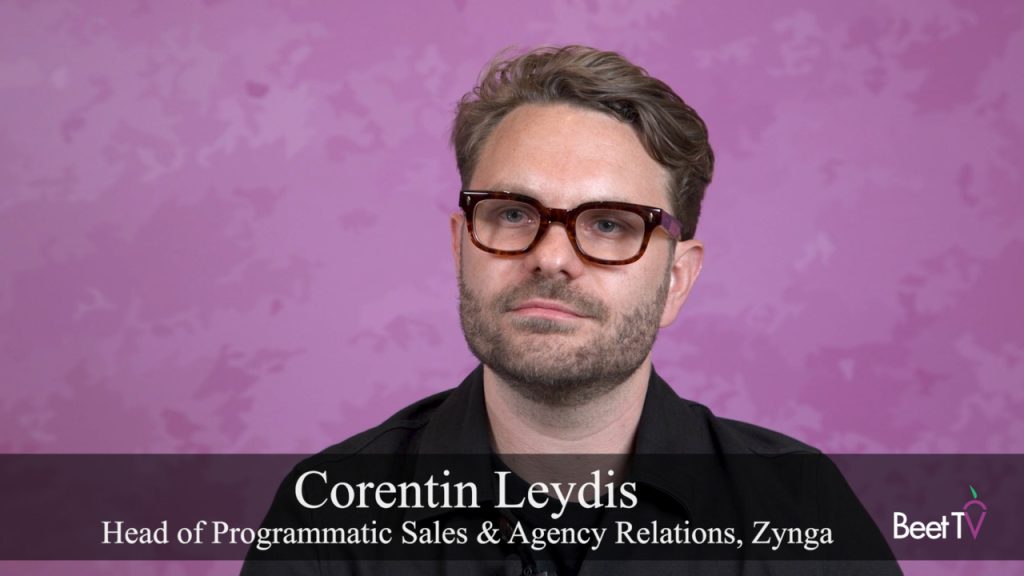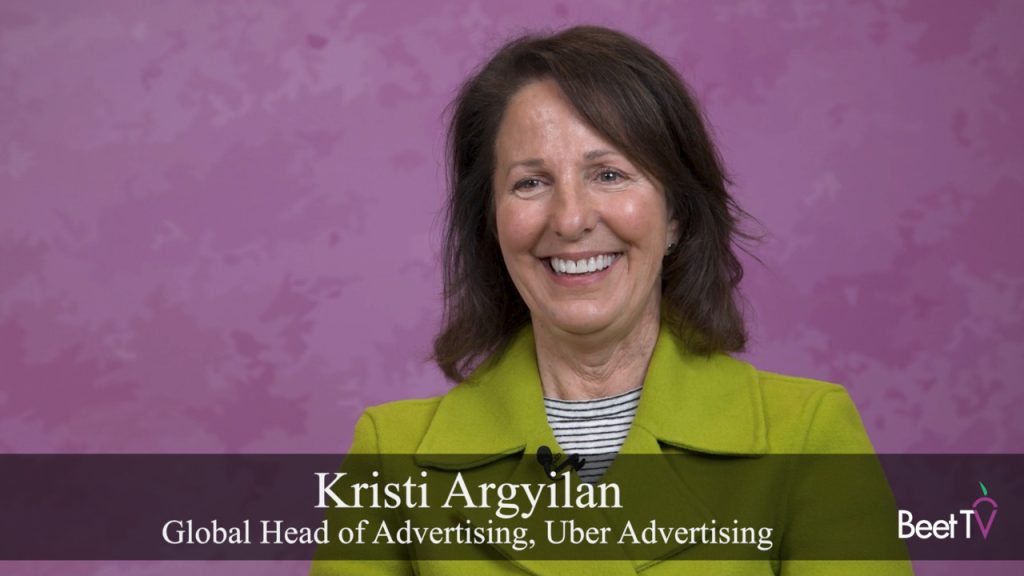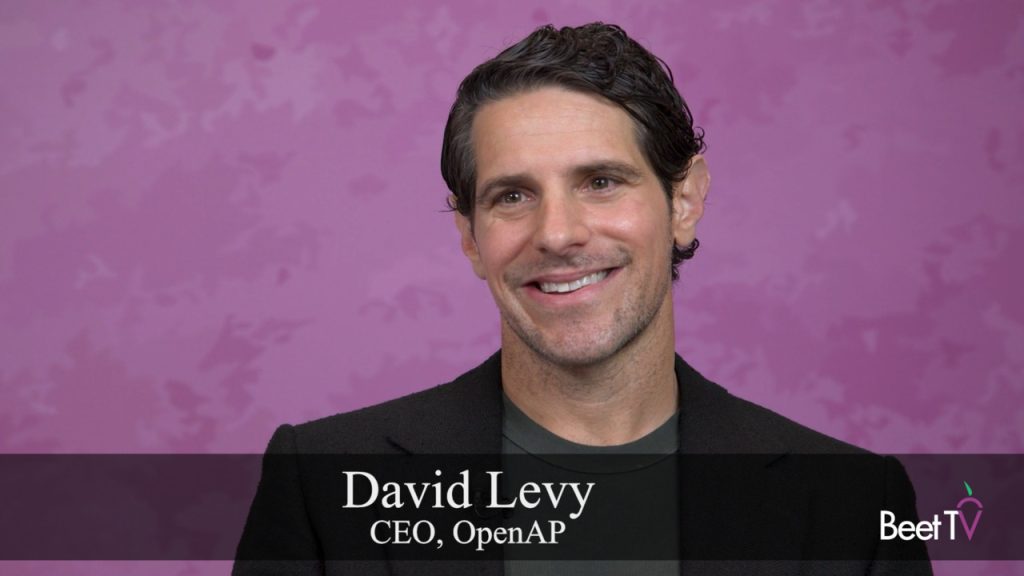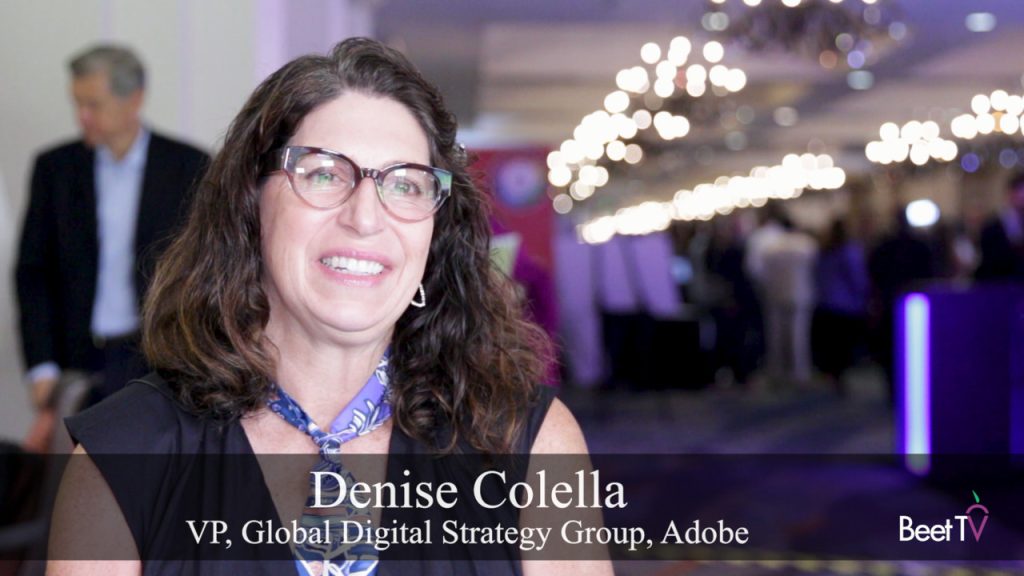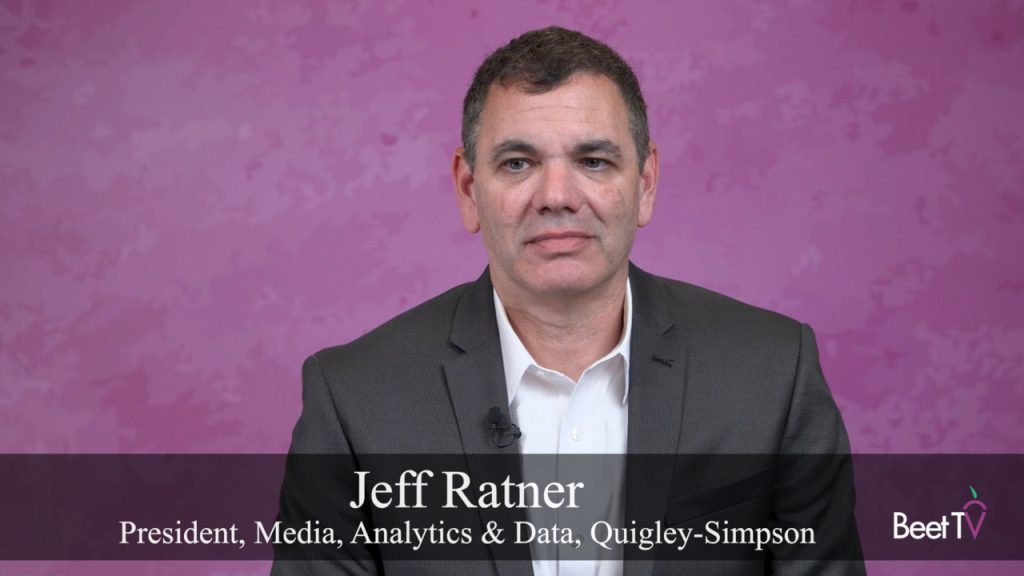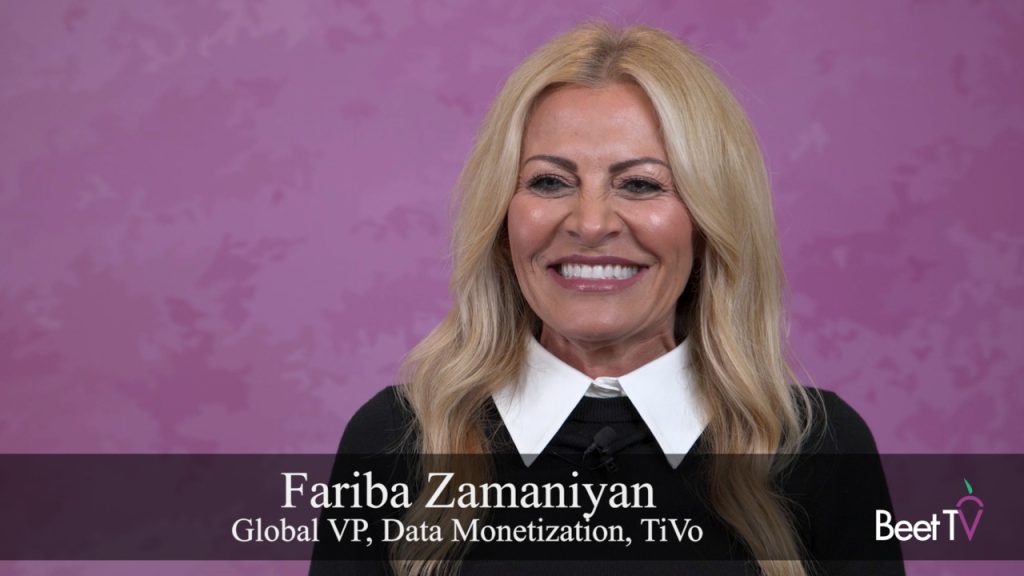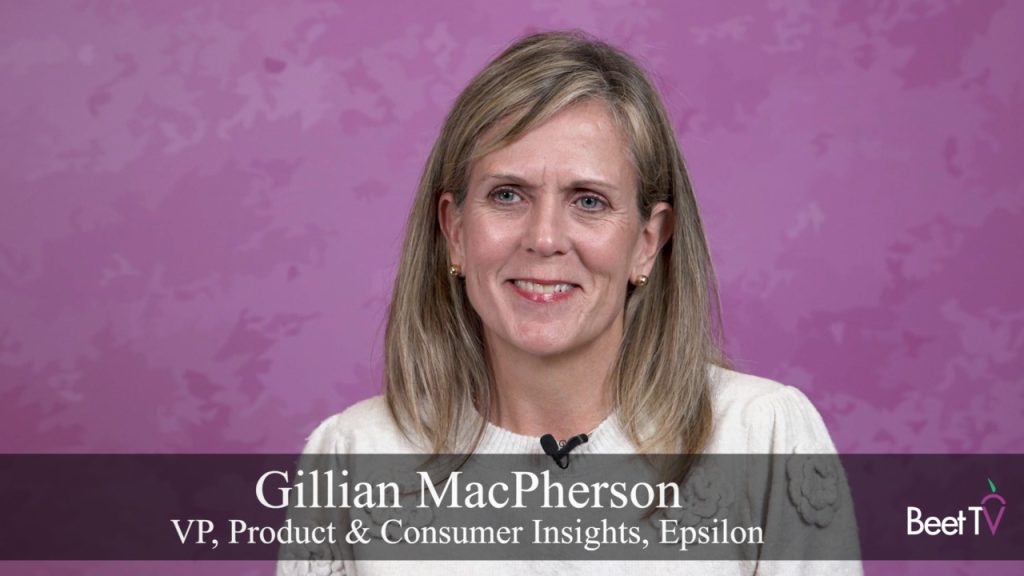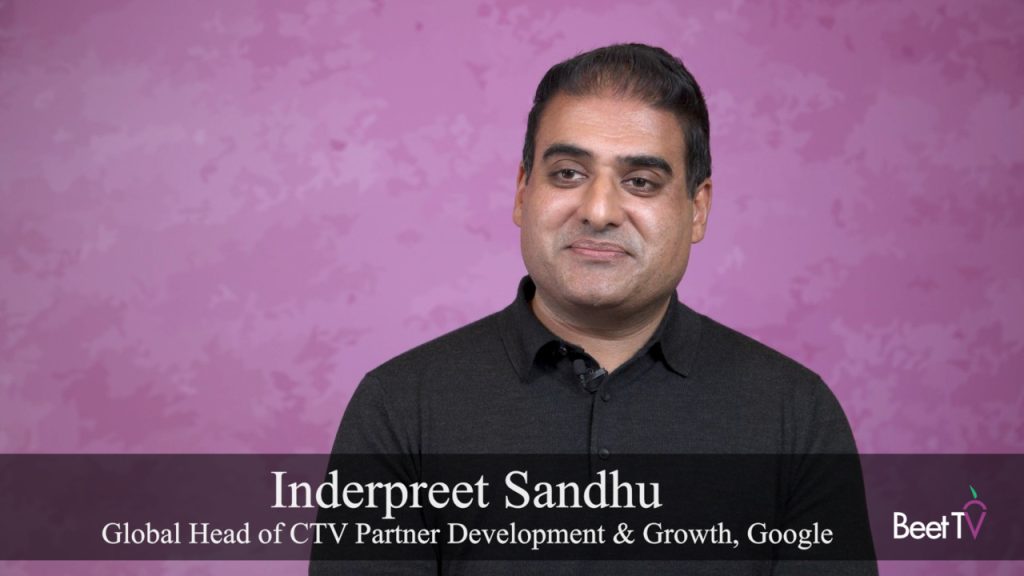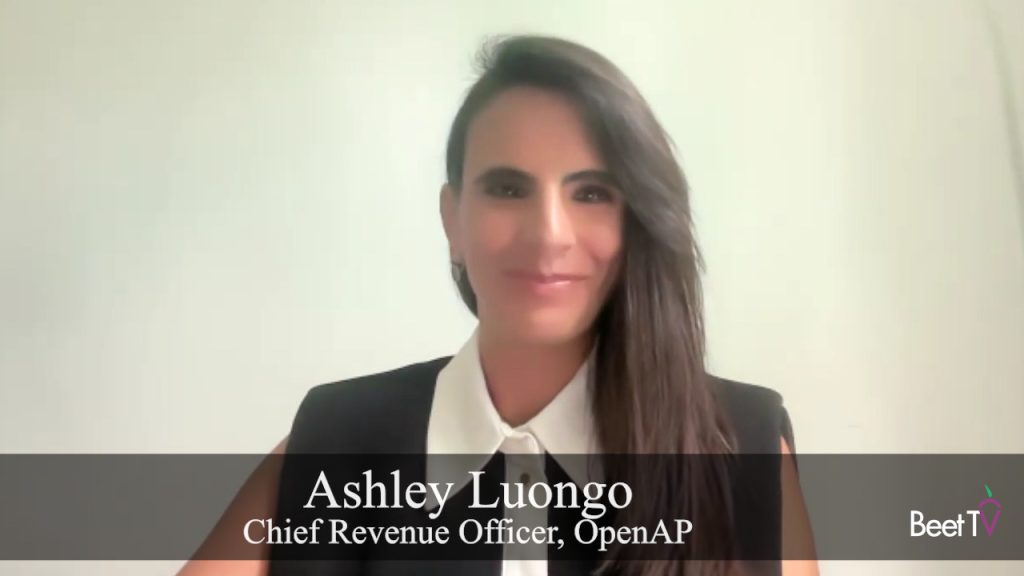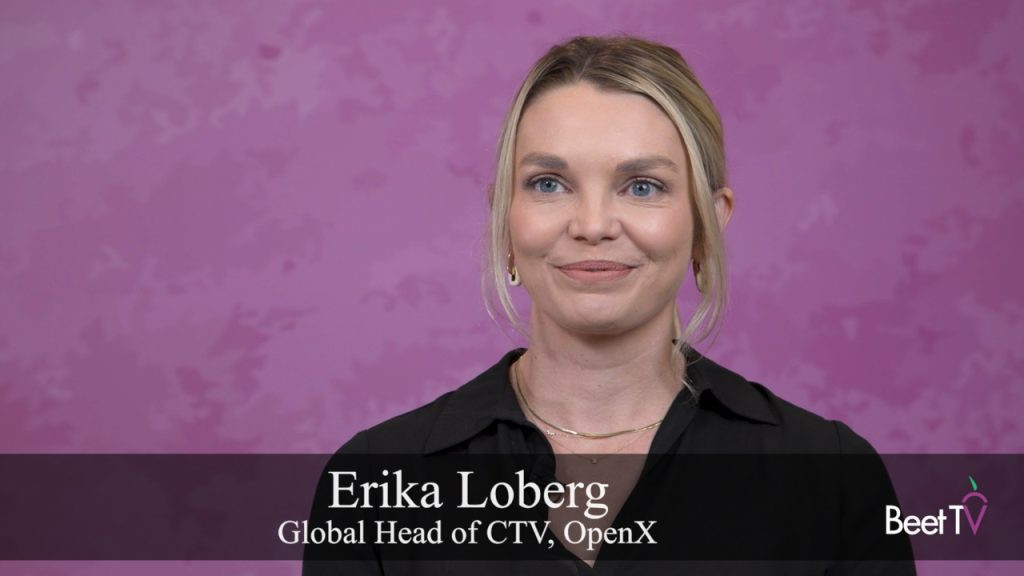LAS VEGAS — The advertising industry is at a crucial inflection point where privacy will become paramount, according to an ad-tech CEO aiming to help data power campaigns in a privacy-compliant manner.
Geoffroy Martin, CEO, Ogury believes that the industry’s over-reliance on first-party data could lead to significant challenges, especially for the open internet.
In this video interview with Beet.TV, he argued that a shift towards privacy-first advertising is essential for the long-term success of the industry.
Fourth wave of advertising
Ogury is an ad-tech company headquartered in London with an approached termed “personified advertising,” targeting personas instead of individual users. This method combines traditional contextual and semantic targeting with persona-based strategies, enabling advertisers to reach relevant audiences without relying on personal data.
CEO Martin believes the industry has seen three distinct waves:
- search engine marketing
- social marketing
- retail media
The fourth wave, he predicted, will be privacy, largely due to increasing regulatory scrutiny and growing consumer demand for control over their data.
“The industry will have to be very careful to make sure that whatever is feeding the AI pages is coming from reputable sources and also making sure that publishers and journalists are being paid for the content that is going to be used for AI,” said Martin.
Personified advertising and the open internet
Martin highlighted the importance of what many people call “zero-party data”, data which is collected with the user’s explicit consent.
“We are focusing on persona and not people, which means that we are going to target a set of characteristics and not a person per se,” Martin said. “We are not going to try to follow that person through a set of identifiers…but we are going to correlate a set of persona that defines that person with a destination. So by definition, it’s in full respect of people’s privacy.”
Martin said he believes that this shift towards personified advertising is essential for the open internet to compete with walled gardens. He argued that by prioritizing privacy, the open internet can offer a more sustainable and user-centric advertising ecosystem.
You’re watching “CES 2025” For more videos from this series, please visit this page.


























